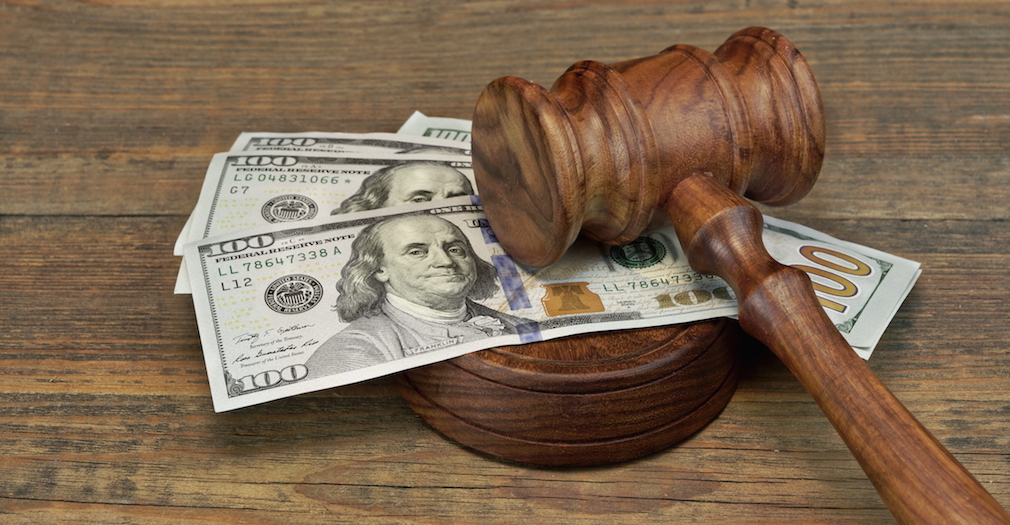Thursday, a unit of HSBC Holdings said it will pay $1.575 billion in order to end a 14-year old shareholder class action lawsuit.
The lawsuit stems from questionable mortgage lending undertaking more than a decade ago from the Household International consumer finance business that HSBC bought in 2003, according to an article by Jonathan Stempel for Reuters.
In the second quarter, the company expects to take a pre-tax charge of about $585 million during the second quarter for the settlement, according to the article.
From the article:
"We are pleased to resolve this 14-year case that's based on events that took place before HSBC acquired Household," HSBC spokesman Rob Sherman said in a statement.
In litigation that began in 2002, Household shareholders accused that company of inflating its share price by concealing its poor lending practices and loan quality.
In October 2013, the shareholders won a $2.46 billion judgment against HSBC, believed to be the largest in a U.S. securities class action that went to trial.
But in May 2015, the federal appeals court in Chicago threw out that award and ordered a new trial to determine whether "firm-specific, nonfraud factors" contributed to the drop in Household's share price.
Eventually the purchase went bad as tens of billions of writedowns for bad loans occurred, and the bank was forced to shut down many U.S. consumer finance locations, according to the article.







